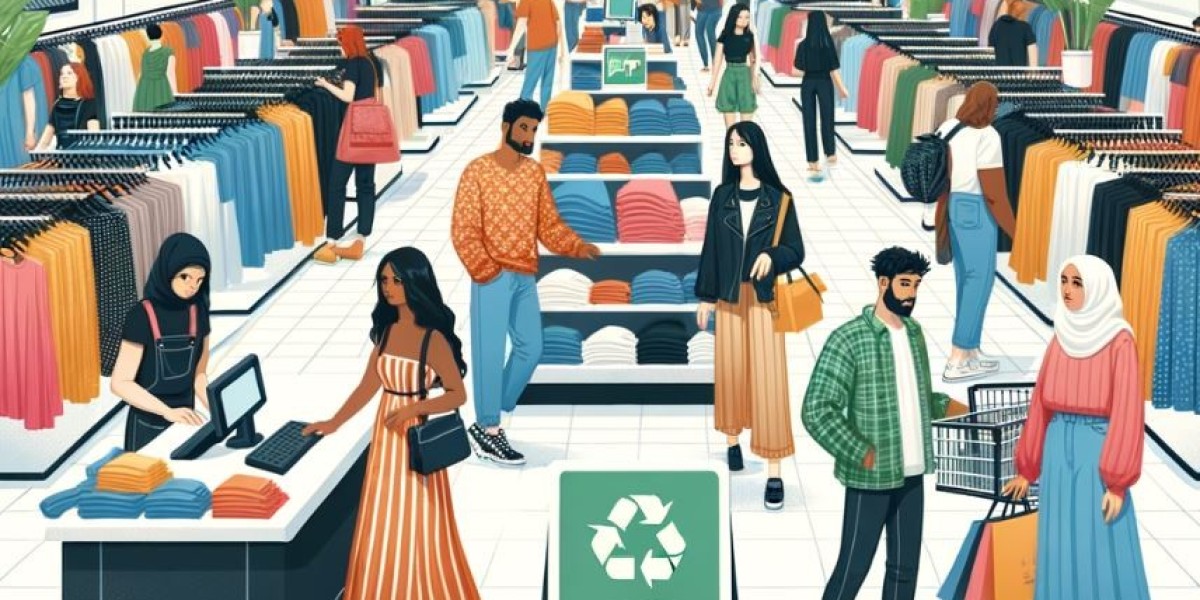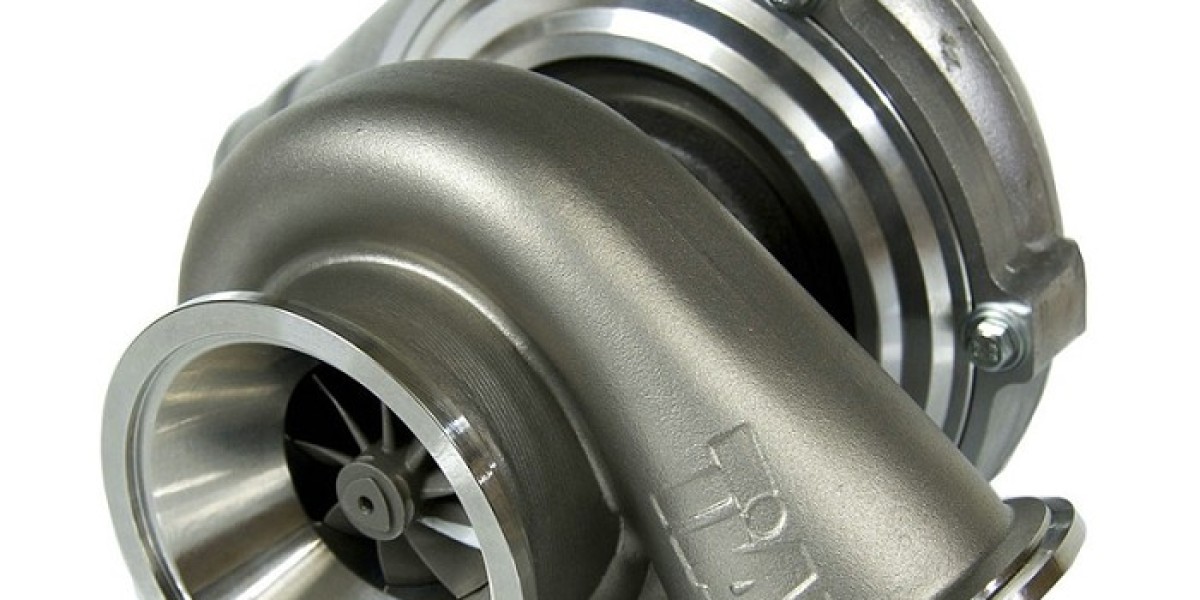In today's fashion industry, it's nearly impossible to keep up with constantly changing trends without turning to fast fashion retailers. But what exactly is fast fashion, and why does it spark such ethical debates?
What is Fast Fashion?
Fast fashion refers to clothing collections that mimic recent runway fashion trends at much lower prices. Major fast fashion brands introduce new lines weekly to satisfy consumer appetite for the latest looks.
They achieve rapid production through global supply chains, affordable materials, and low labor costs. This allows trendy designs to reach stores within 2-4 months versus 6+ months for traditional retailers.
Benefits of Fast Fashion
Supporters argue fast fashion fills a need for youth culture by enabling:
- Accessible price points for copying celebrity styles
- Fast inventory turnovers stimulating consumption
- Democratization of high fashion trends worldwide
Controversies of Fast Fashion
However, detractors claim it encourages waste and hurts workers/environment through:
- Unsustainable resource extraction and greenhouse gas emissions
- Exploitation of low-wage garment workers in developing nations
- High textile landfill volumes due to low-quality, short-lived pieces
Ethical Issues in the Supply Chain
The intensive pace of fast fashion depends on globalized supply chains prone to problems like:
- Low wages and excessive overtime despite living costs
- Unsafe working conditions and lack of freedoms
- Child and forced labor in unauthorized subcontracting
Environmental Impact
Ever-increasing production harms the planet through:
- Massive freshwater consumption and pollution in cotton/dye processes
- Release of dangerous chemicals and microplastics into waterways
- Tonnes of unrecyclable garments thrown out at end of short lifecycles
Consumer Responsibility
While profit-driven, fast fashion fulfills real demand. Lasting change requires shoppers supporting brands with ethics like fair pay, materials tracing and take-back programs.
Finding a Balance
Major brands collaborating with NGOs to improve supply chains represent progress. Consumer mindfulness around waste and more sustainable alternatives also help reform the industry.










